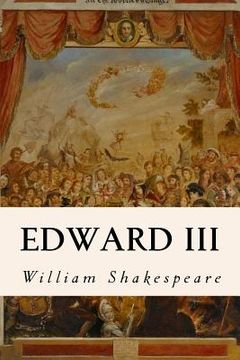William Shakespeare (Stratford-upon-Avon, c. 23 de abril de 1564jul. - Ibídem, 23 de abril/3 de mayo de 1616) fue un dramaturgo, poeta y actor inglés. Conocido en ocasiones como el Bardo de Avon (o simplemente el Bardo), se le considera el escritor más importante en lengua inglesa y uno de los más célebres de la literatura universal.
Según la Encyclopædia Britannica, «Shakespeare es generalmente reconocido como el más grande de los escritores de todos los tiempos, figura única en la historia de la literatura. La fama de otros poetas, tales como Homero y Dante Alighieri, o de novelistas tales como León Tolstoy o Charles Dickens, ha trascendido las barreras nacionales, pero ninguno de ellos ha llegado a alcanzar la reputación de Shakespeare, cuyas obras hoy se leen y representan con mayor frecuencia y en más países que nunca. La profecía de uno de sus grandes contemporáneos, Ben Jonson, se ha cumplido por tanto: "Shakespeare no pertenece a una sola época sino a la eternidad"».
Ver más
Ver menos

